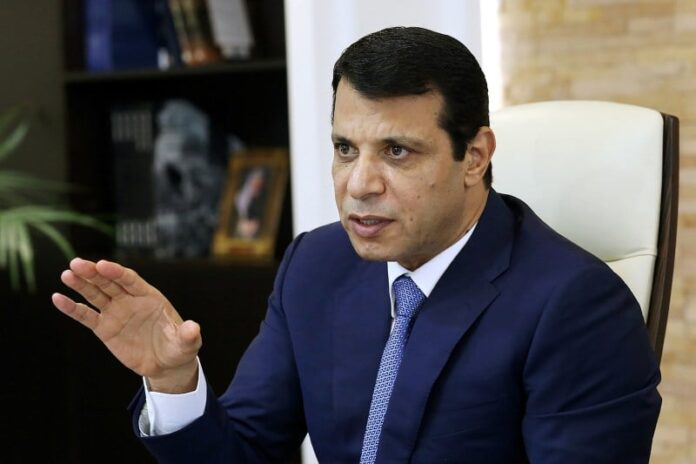Author: Jonathan H. Ferziger
Affiliation: The Atlantic Council
Organization/Publisher: Foreign Policy
Date/Place: October 30, 2020/Washington, D.C., USA
Type of Literature: Article
Word Count: 1781
Link: https://foreignpolicy.com/2020/10/30/mohammed-dahlan-uae-palestinians-israel/#
Keywords: Palestine, Israel, UAE, Mohammed Dahlan, Gaza.
Brief:
Jonathan Ferziger identifies in his article the role played by Mohammed Dahlan as the UAE’s invisible hand in the region. Ferziger argues that Dahlan acts as an international agent for Bin Zayed, who arranges business and political deals, and who also helped in designing the Arab peace deals with Israel. He is claimed to be an influential actor in the normalization agreements that Israel recently signed with the UAE and Bahrain. Dahlan is considered the main architect of the Emirati policy towards the Palestinian issue since Bin Zayed consults with him on any Palestinian concerns. The author proposes that Dahlan managed to “play the long game to get to the top.” He turned from being identified as a terrorist by Israel to being an active actor in the Oslo peace agreements negotiations. Additionally, he is admired by multiple US administrations. On the other hand, in Gaza, Dahlan “is able to play all sides” since he was born in one of its populated refugee camps and grew up there. Although he was disdained by the Islamists’ movements, he currently cooperates with them as part of the political opposition to the Abbas government. Altogether, he has secured for himself a place among the candidates who could replace Abbas. Moreover, Dahlan has close relations with Egyptian President Abdel fattah el-Sisi, and the leaders of Serbia and Montenegro. Nevertheless, his political position is confused and dull due to the mainstream Palestinian political sentiment and the public’s stand against the UAE and Bahrain’s normalization agreement with Israel. Even Dahlan’s faction within Fatah, the Democratic Reform Current, has rejected these agreements. The author concludes that Dahlan currently lives in the shadows while enhancing his business and political connections, advising Emirati leaders, and seeking succession to Abbas. However, what comes next depends on who wins the American presidential election—whether Trump, or Joe Biden with a return to multilateral perspective. The question is whether Dahlan can take revenge and play a creative role in the region’s transformation.
By: Yomna Süleyman, CIGA Research Assistant




